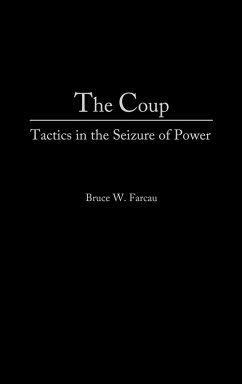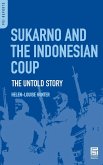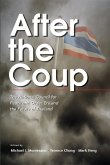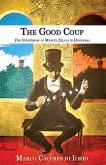This book provides a paradigm of the coup and provides a historical basis for that paradigm that is unsurpassed in its objectivity and research. The author of this book has spent over a decade living and working with military and political figures throughout Latin America. His book is both an educational and an exciting peek into the dark world of military subversion by an observer who has seen it first hand. The coup d'etat has defied all attempts at rational analysis. This is hardly surprising, in that it is born in darkness and very frequently dies there, only coming to light in the last moments before either a bloody defeat or a stunning success. The participants on the military side are frequently reluctant to discuss their activities, even long after the fact, and their civilian victims can usually only guess at what happened to them. Previous studies have often been heavily tainted by the politics of the writer, categorizing the coup as a product of class struggle, the cold war, or outright foreign intervention by the superpowers. The author of this book has spent over a decade living and working closely with military and political figures throughout Latin America and has used the fruits of literally hundreds of encounters (ranging from simple interviews to longtime friendships) to piece together an insightful picture of this nebulous but very real phenomenon. He has identified the motives of coup plotters and the means by which they go about building the coalition necessary to overthrow a government. Rather than use hypothetical cases to illustrate his points, he has drawn on history to demonstrate how coups succeed and why they fail. This book is both an educational and an exciting peek into the dark world of military subversion by an observer who has seen it first hand.
Hinweis: Dieser Artikel kann nur an eine deutsche Lieferadresse ausgeliefert werden.
Hinweis: Dieser Artikel kann nur an eine deutsche Lieferadresse ausgeliefert werden.









